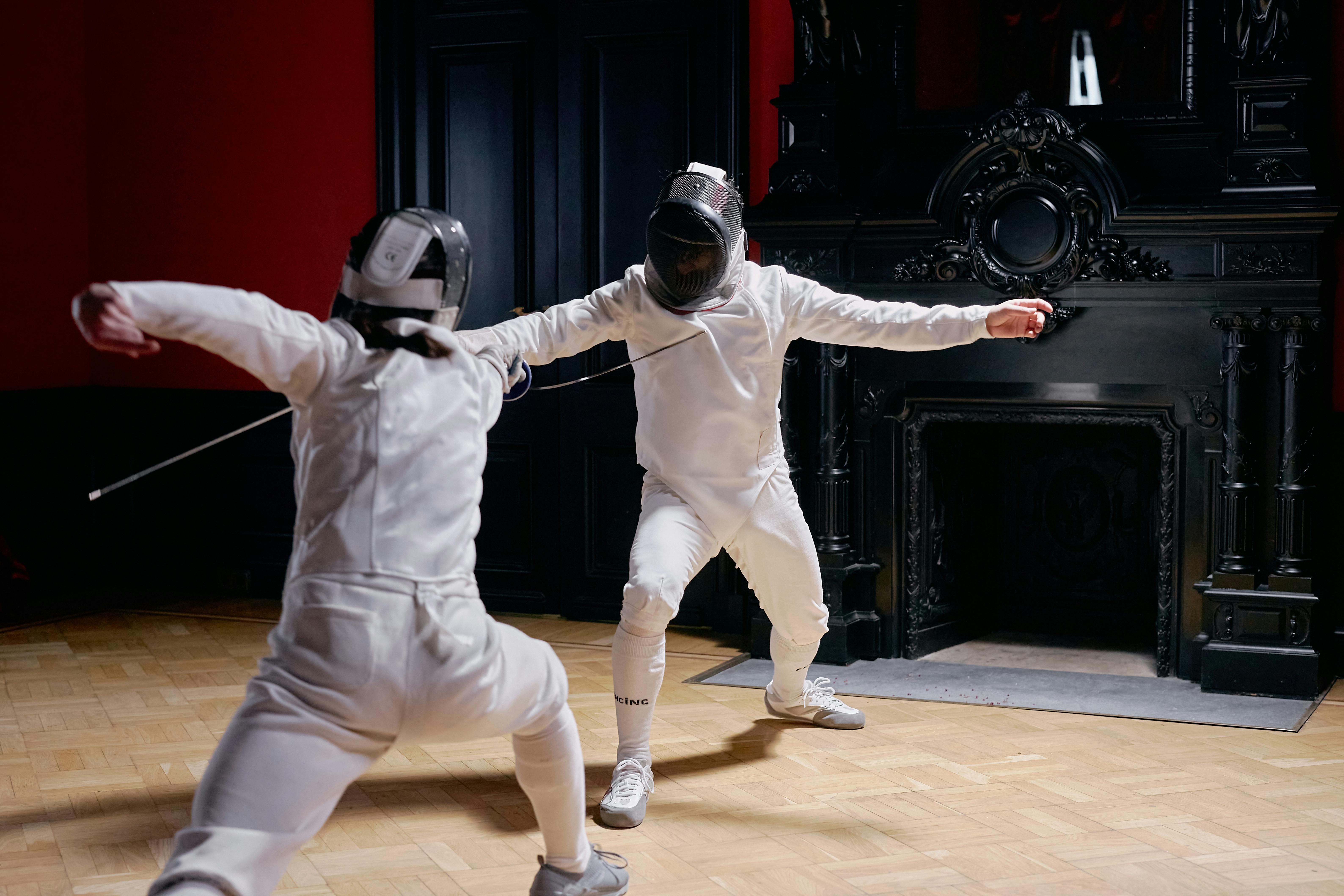warm up and stretch. Bill Evans used to put his arms under a hot air dryer (you know the ones in the bathroom?) to help warm his arms. Warm-ups and stretching are very important. You can run your arms under warm water (as hot as you can) and rub them. You will be surprised how much this helps! Try playing 5-finger scales, major scales, and arpeggios.
Practice on “Chunks”. When you are learning a piece of music, break it into parts. A good piece is 2-4 measures for a difficult piece or 8 measures for an easier piece.
vocalize rhythms. I cover the vocalization of the rhythms on my DVDs. Basically, you assign a nonsense syllable to each beat and “sing” the beat. This helps you really feel the rhythm instead of over-intellectualizing it.
Practice slowly, then speed up.. Think about it: every time you play something wrong, you’re getting better at doing it wrong! Basically, you want to play slow so that you can play accurately.
I see so many students play fast and make the same mistake over and over again. Go slow, then speed up. You will see a big difference!
use a metronome. Digital metronomes are more accurate than wind-up ones. Set the metronome to a slow tempo to start, like 80 or 90. If you’re playing jazz, try setting the metronome to 60 and think of this as beats 2 and 4. Beats 1 and 3 don’t click. You think about them in your head.
keep your eyes on the music. No need to look at the keys to play. If this were the case, how would people with vision problems play? We look at the keys as a “crutch”. Do your best to focus more on the music and less on the keys.
15 minutes a day is better than 2 hours on Sunday! There are several reasons why practicing throughout the week (even for 15 minutes, but try for 30) is better than the “big” practice session once a week.
First of all, most of us (including me) can only really focus for about 30-45 minutes on a task. So, I’d rather watch you practice for 15 focused minutes than “What’s for dinner tonight? How much homework do I have? I need to call Jill after this…” 45 minutes.
Second, 15 minutes spread over 7 days will help you remember concepts. Imagine studying math just one day a week and then taking a test? Practicing every day helps to “lock in” what you are learning.
Convenience. If you feel uncomfortable, you don’t want to practice. Remember:
- Sit on a comfortable bench that is neither too high nor too low.
- Practice in a well-lit room. You don’t want to strain your eyes to read the music.
- Avoid a room with a television. Too much temptation!
- Try to practice at a certain time every day. This helps you get on a schedule.
- Sit tall, but not stiff!
Patience. This should go without saying, but you have to be patient with yourself. Learning to play the piano (or any other instrument) can be frustrating. Some days you will be surprised at your progress. While other days you will feel like you have taken a step back.
Learning is cyclical.. It is like the rising and falling of the waves in the ocean. Some days you’re up, some days you’re down. Once you realize this and accept it, you can take a step back and look at your musical journey in “perspective.”
This is a great way to see practice. Remember the old saying that “it’s not the destination but the journey”? Think about where you started and where you are now. He will probably be surprised at your progress.
If you are just beginning to play the piano, I would like to suggest that you record yourself on a CD or videotape playing your first piece. Reason: When you feel bad about where you are, open the video and see where you were.
There are many other tips that can be added to this list, but this is a great start.
If you haven’t subscribed to the free JazzPianoLessons.com e-lessons, I’d like to encourage you to do so. I have created 20 video lessons that are absolutely free. E-Lessons are for students of all levels.
Have fun practicing!
